Science News: Recent scientific discoveries and expert analysis
Read the latest science news and recent scientific discoveries on Live Science, where we've been reporting on groundbreaking advances for over 20 years. Our expert editors, writers and contributors are ready to guide you through today's most important breakthroughs in science with expert analysis, in-depth explainers and interesting articles, covering everything from space, technology, health, animals, planet Earth, and much more.

Explainers | Everything you need to know about the science news that matters.

Science Spotlight | Shining a light on new science transforming our world.
Latest news

Cucumbers recalled after multistate Salmonella outbreak leaves dozens sick
By Pandora Dewan published
CDC and FDA officials are investigating the outbreak after 9 patients were hospitalized amid cucumber recall.

AI benchmarking platform is helping top companies rig their model performances, study claims
By Roland Moore-Colyer published
LMArena, a popular benchmark for large language models, has been accused of giving preferential treatment to AIs made by big tech firms, potentially enabling them to game their results.

May's best stargazing week has begun. Here's what to see.
By Jamie Carter last updated
This week is the best time in May to view the night sky. Here's everything you can see during May's dark skies, from an upside-down bear to some of the oldest stars in the universe.
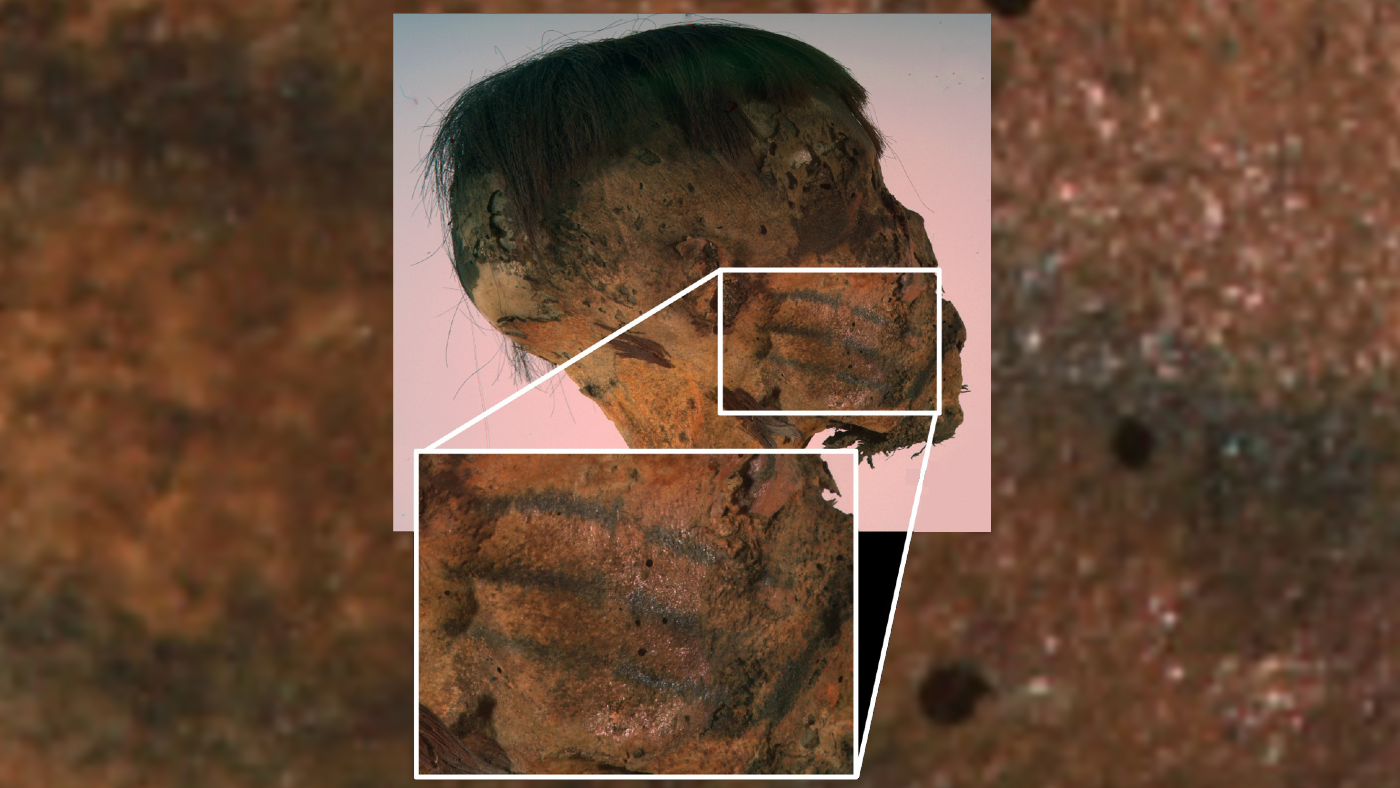
Rare face tattoos on 800-year-old mystery mummy baffle archaeologists
By Kristina Killgrove published
Analysis of a mummy kept for a century at the University of Turin in Italy has revealed rare face tattoos made with a special black ink.
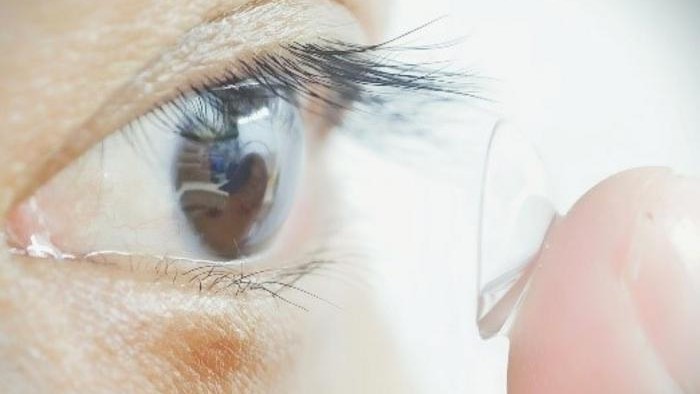
'Super-vision' contact lenses let wearers see in the dark — even with their eyes closed
By Ben Turner published
Researchers have developed new contact lenses that enable vision in the near-infrared range, and they could restore color perception to people with color blindness.
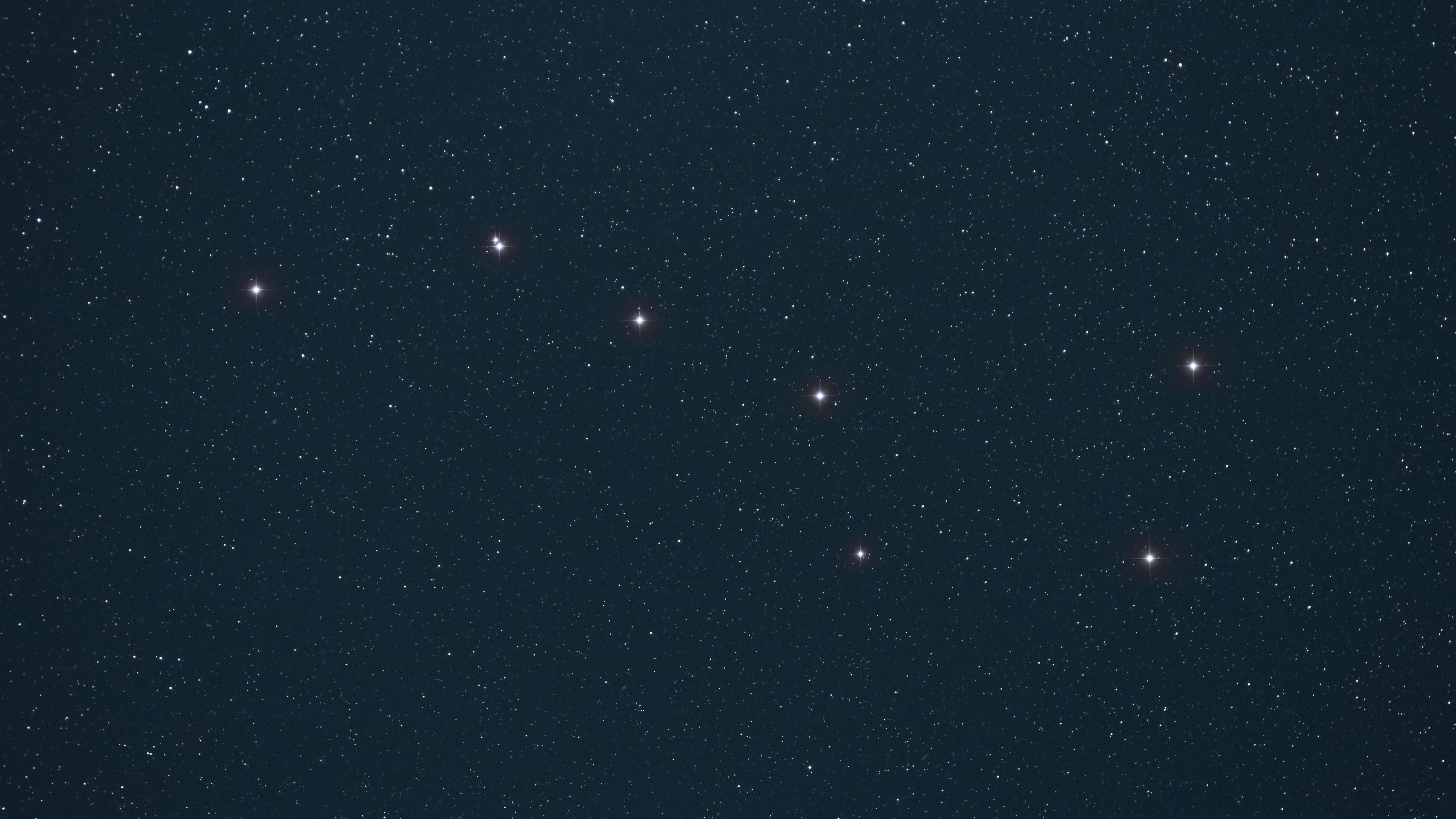
'Strange' star pulses detected in search for extraterrestrial intelligence
By Patrick Pester published
A retired researcher has detected an unusual pulse in the light of nearby stars while looking for signs of extraterrestrial intelligence. Aliens are one possible explanation for the strange signal, but as with every other unexplained space phenomenon, it's probably not aliens.
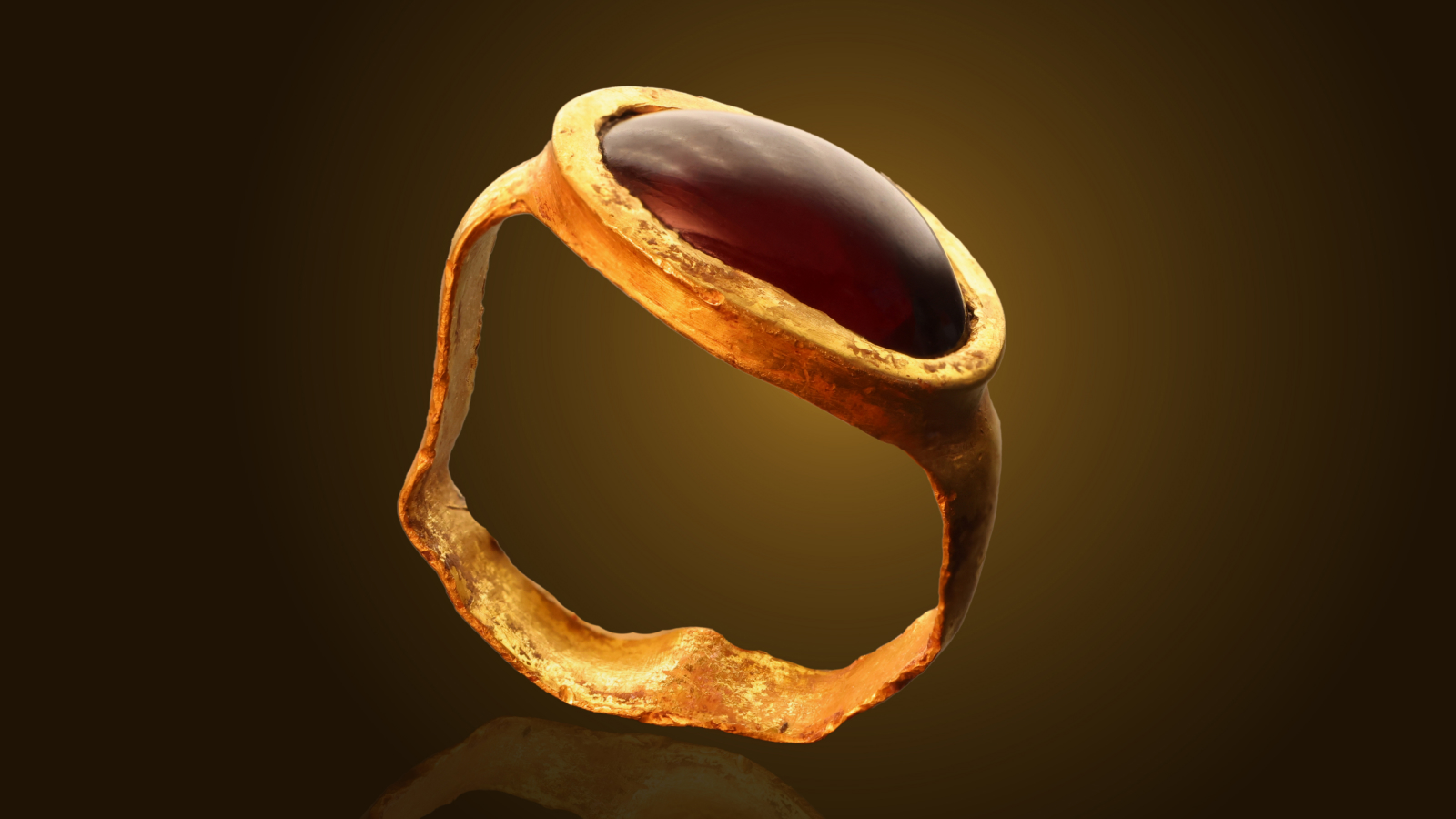
2,300-year-old gold ring found in Israel was likely buried by a betrothed girl
By Laura Geggel published
A gold ring with a red gemstone found in Israel dates to the Hellenistic period and may have been buried in a coming-of-age ritual.
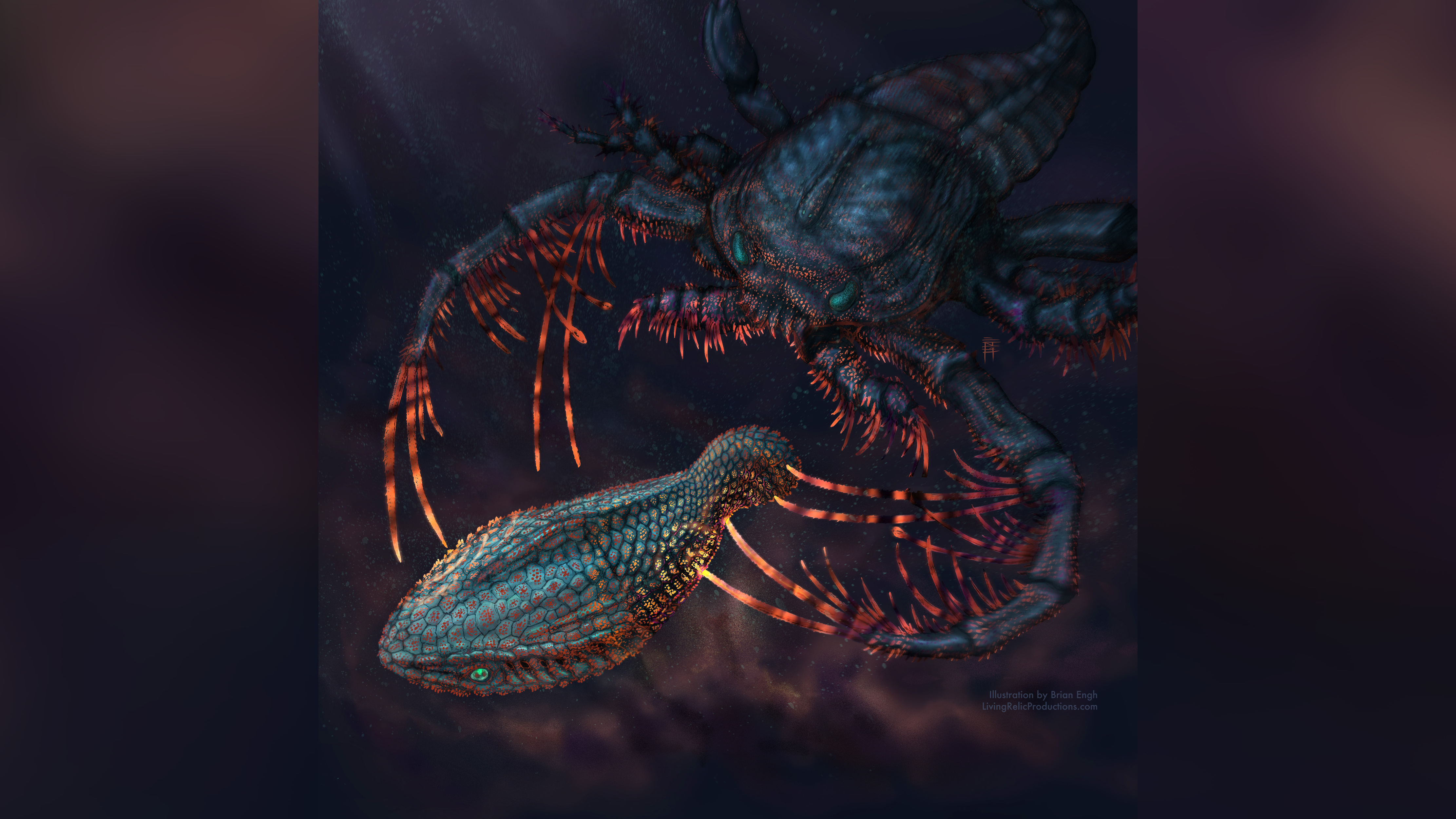
Our teeth evolved from fish 'body armor' over 460 million years, scientists discover
By Kristina Killgrove published
Teeth are sensitive because they evolved from sensory tissue in both ancient vertebrates and ancient arthropods.
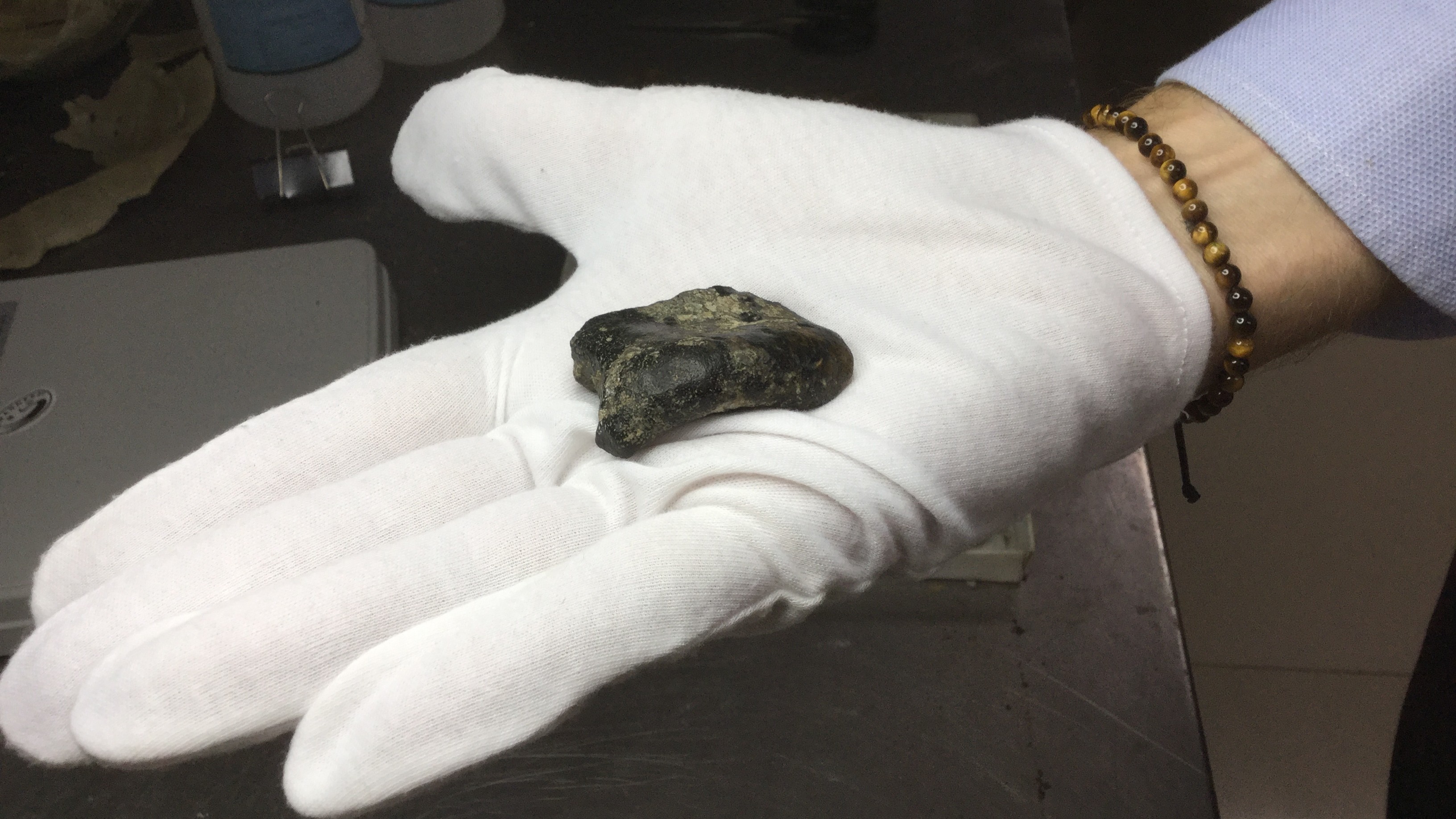
140,000 year old bones of our ancient ancestors found on sea floor, revealing secrets of extinct human species
By Patrick Pester published
Researchers have recovered Homo erectus bones from the seafloor, which points to an unknown hominin population hunting on land that is now underwater in Southeast Asia.
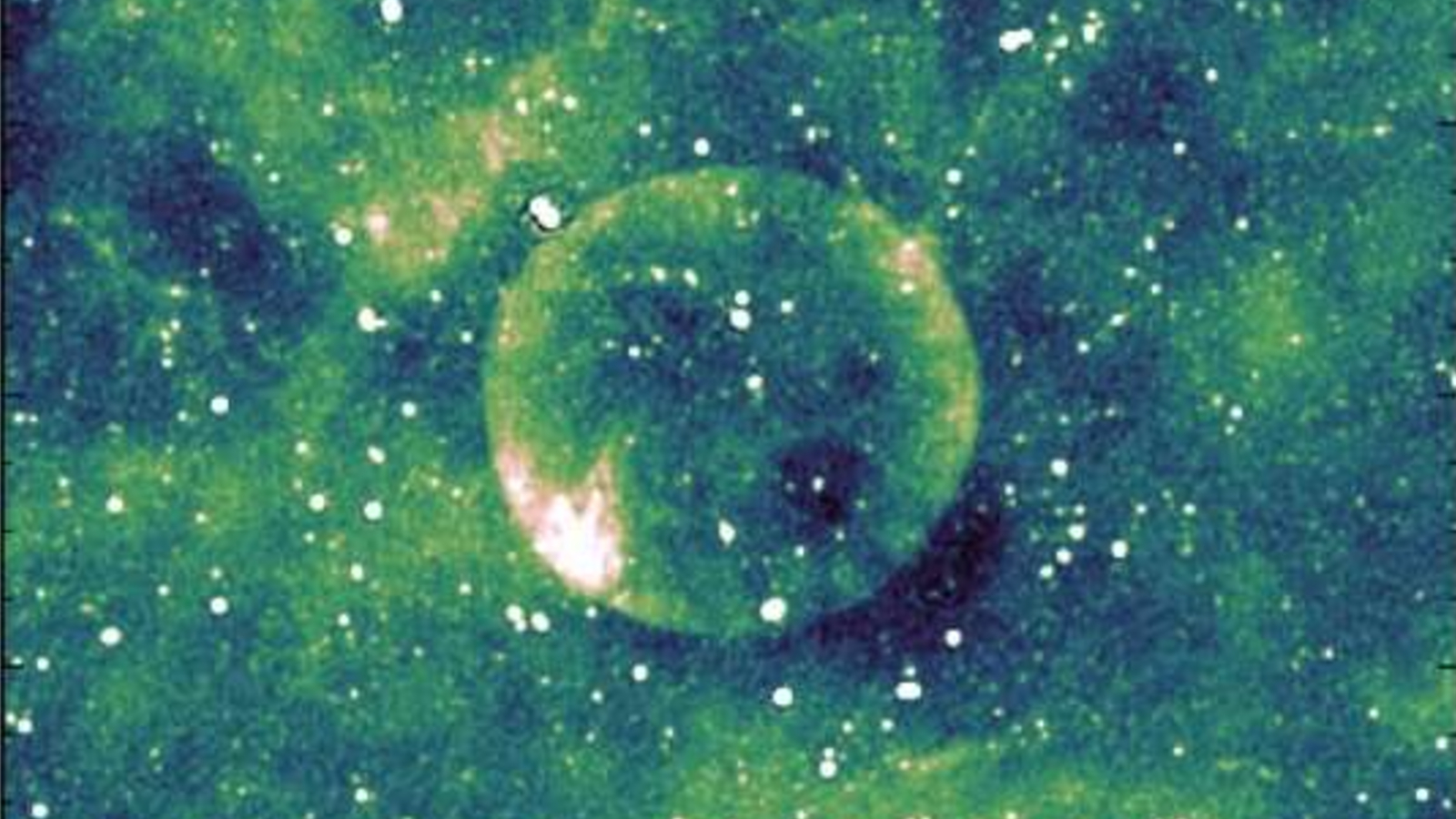
Astronomers spy puzzlingly 'perfect' cosmic orb with unknown size and location
By Harry Baker published
New radio images reveal an unusually faint and symmetrical supernova remnant, nicknamed Telios, lurking just below the galactic plane of the Milky Way. However, they cannot tell exactly where it is, how big it is or how it formed.
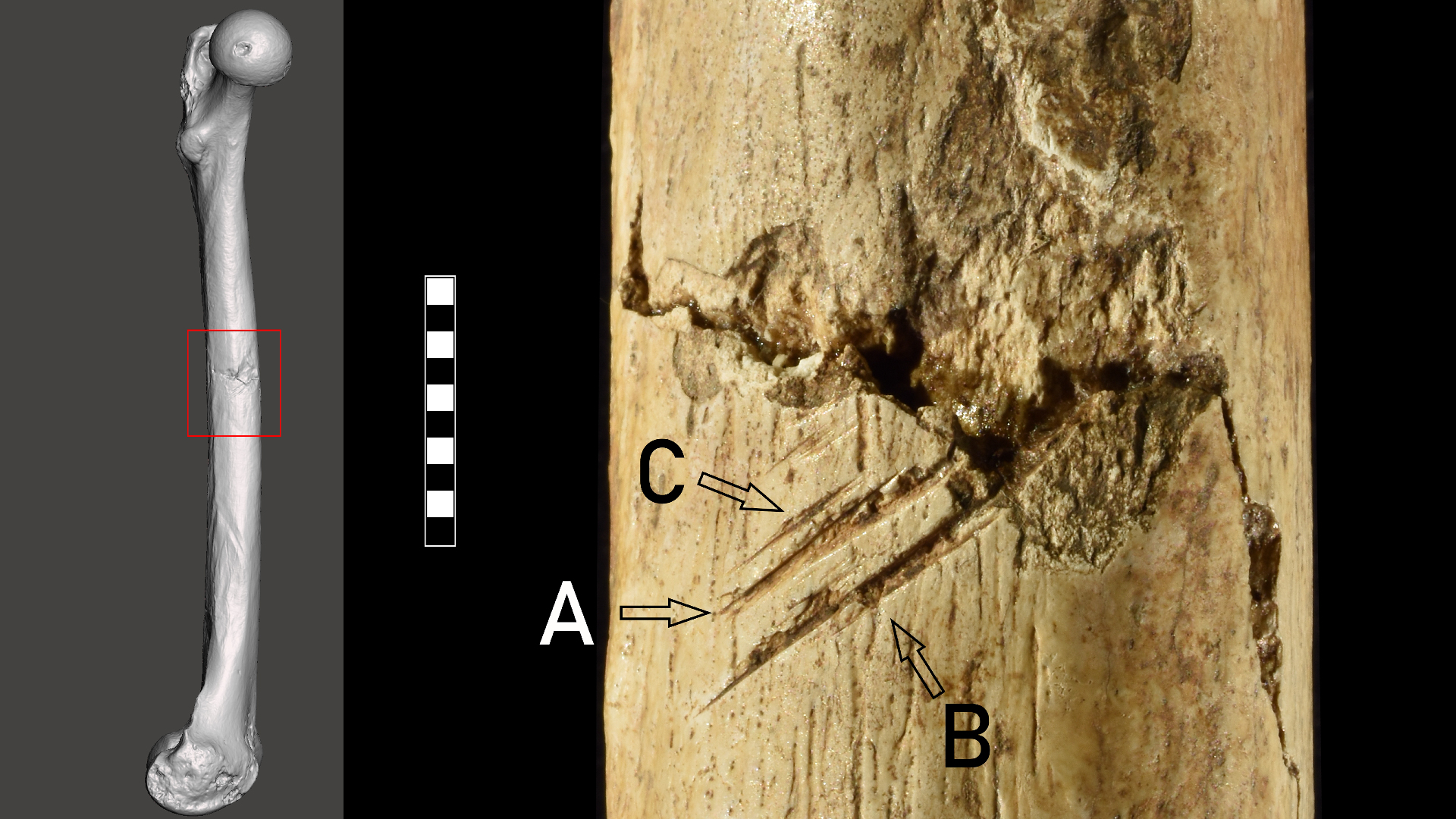
'It was probably some kind of an ambush': 17,000 years ago, a man died in a projectile weapon attack in what is now Italy
By Sophie Berdugo published
A new analysis of a skeleton uncovered 50 years ago provides some of the earliest evidence of intergroup conflict between humans to date.
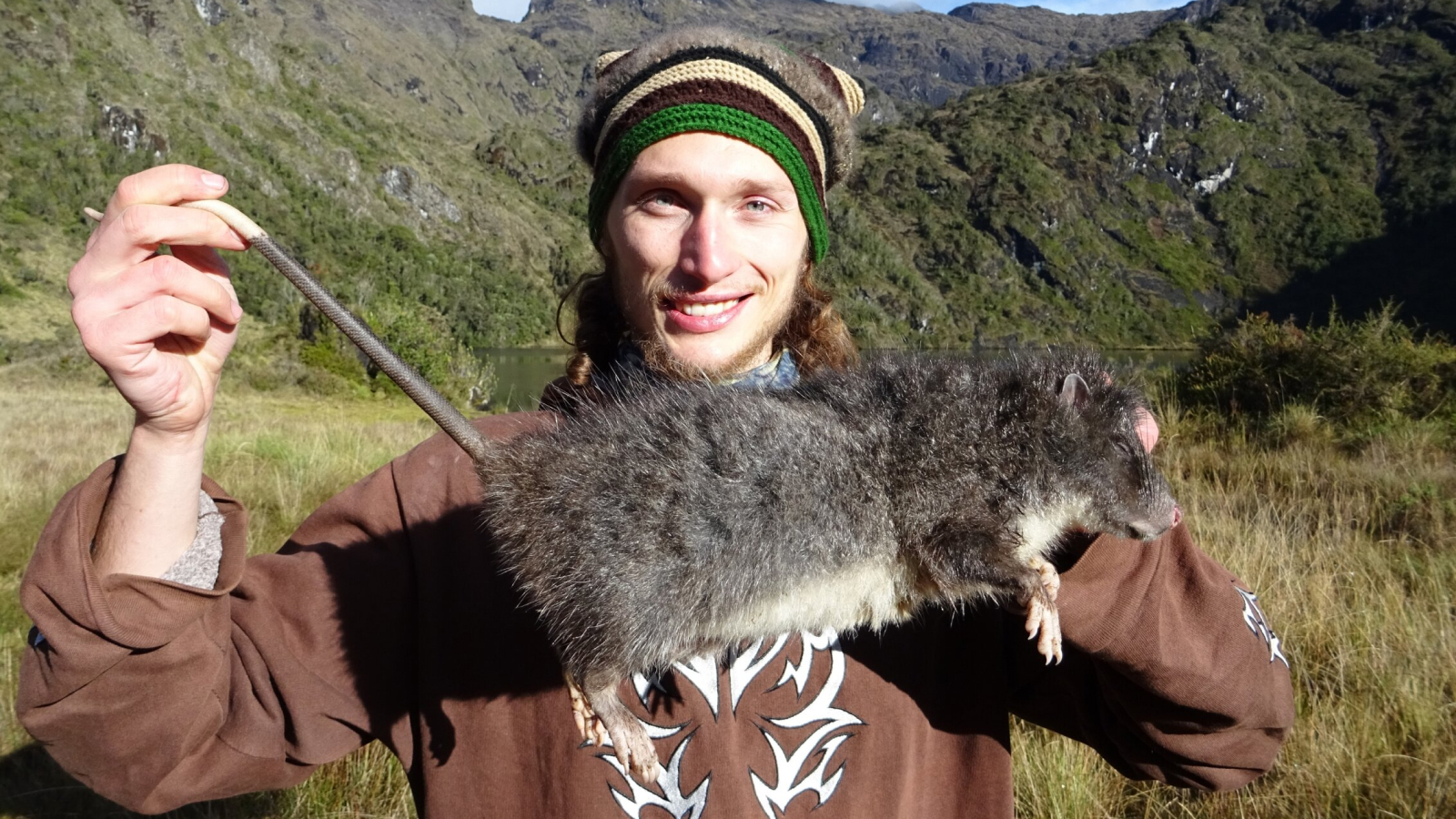
33-inch-long 'woolly' mountain rat caught on camera for first time ever
By Jess Thomson published
The world's second-biggest rat species — a gargantuan woolly beast — was caught on camera in the mountains of New Guinea.
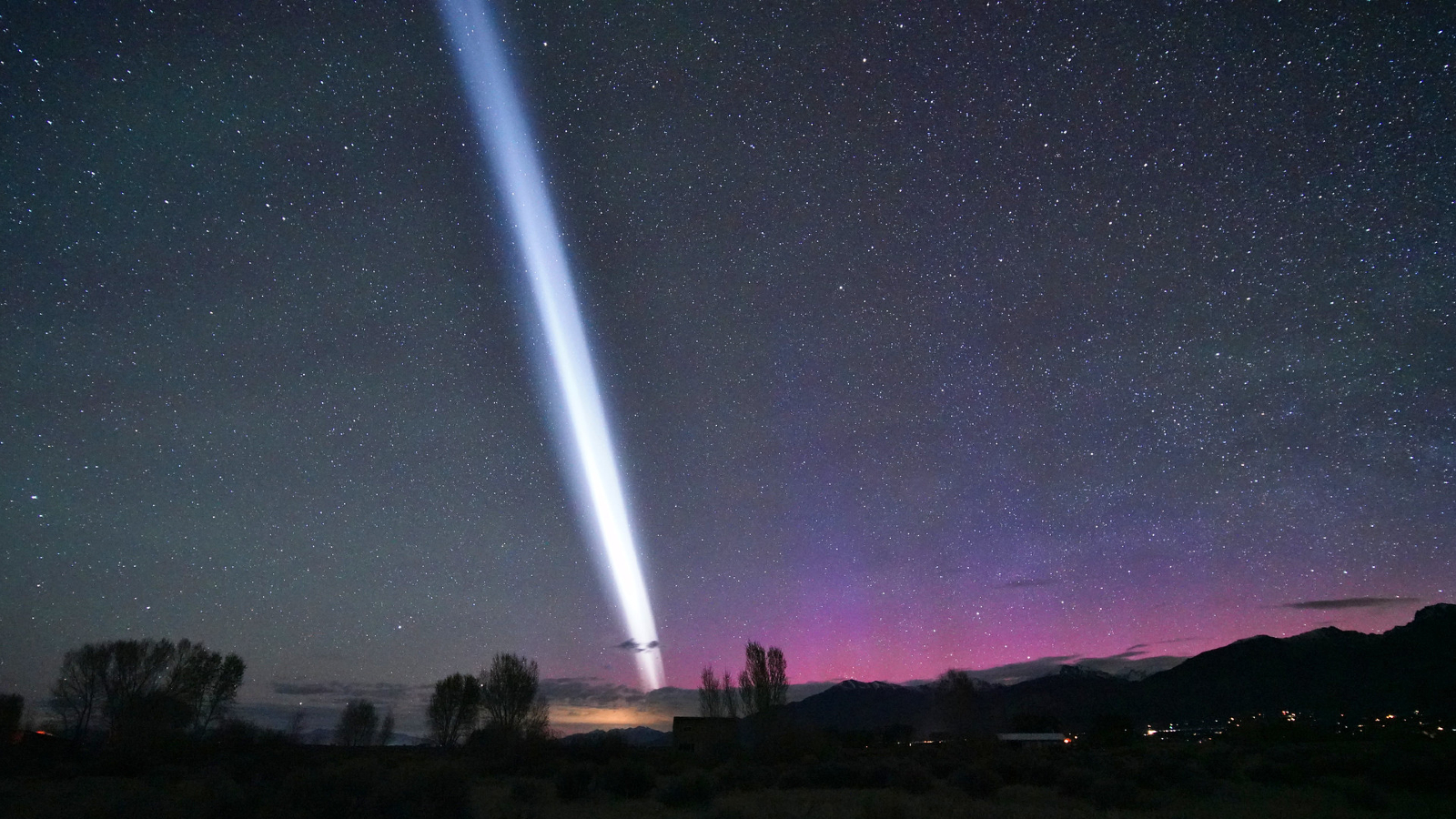
'White streak' appears over US as China dumps experimental fuel in space
By Harry Baker published
A recent launch of China's Zhuque-2E rocket triggered a giant white streak of light to appear above at least seven U.S. states after deploying six satellites into low-Earth orbit. The light show, which was visible in at least seven states, was the result of a "fuel dump," experts say.
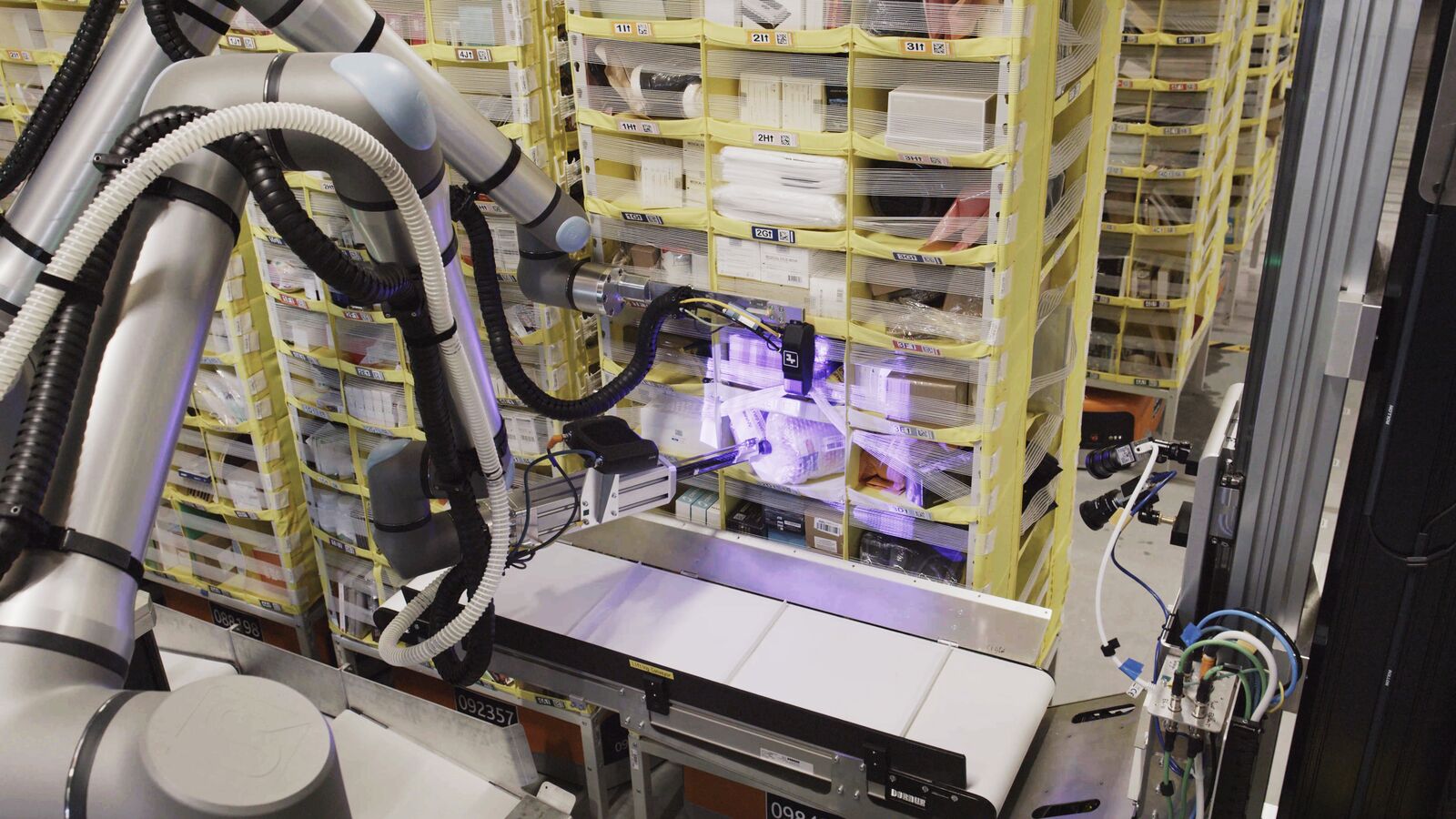
Amazon's new warehouse robot has a 'sense of touch' that could see it replace human workers
By Lisa D. Sparks published
Amazon's Vulcan, the first warehouse robot with touch sensitivity, has begun operations in the company's Spokane, Washington, and Hamburg, Germany, fulfillment centers.
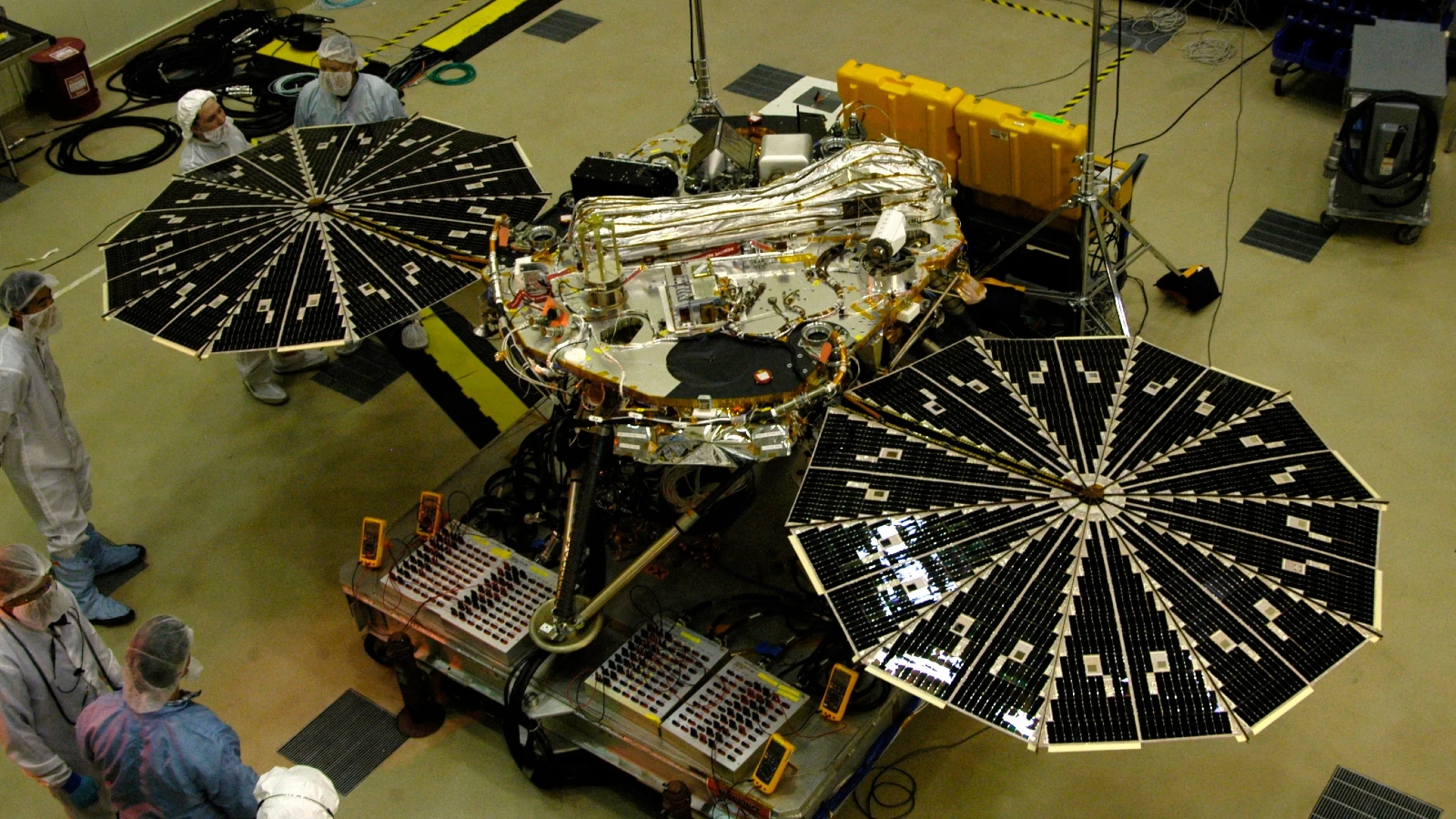
Never-before-seen 'extreme' microbes surrounded NASA robot before it was sent to Mars 18 years ago, new study reveals
By Harry Baker published
DNA analysis has revealed that 26 novel species of "extremophile" bacteria were lurking in a clean room that housed NASA's Phoenix lander before it was launched to Mars in 2007. The hardy microbes might be capable of surviving in space.

Scientists connect two quantum processors using existing fiber optic cables
By Peter Ray Allison published
Scientists have connected two quantum computers, paving the way for distributed quantum computing, quantum supercomputers and a quantum internet.
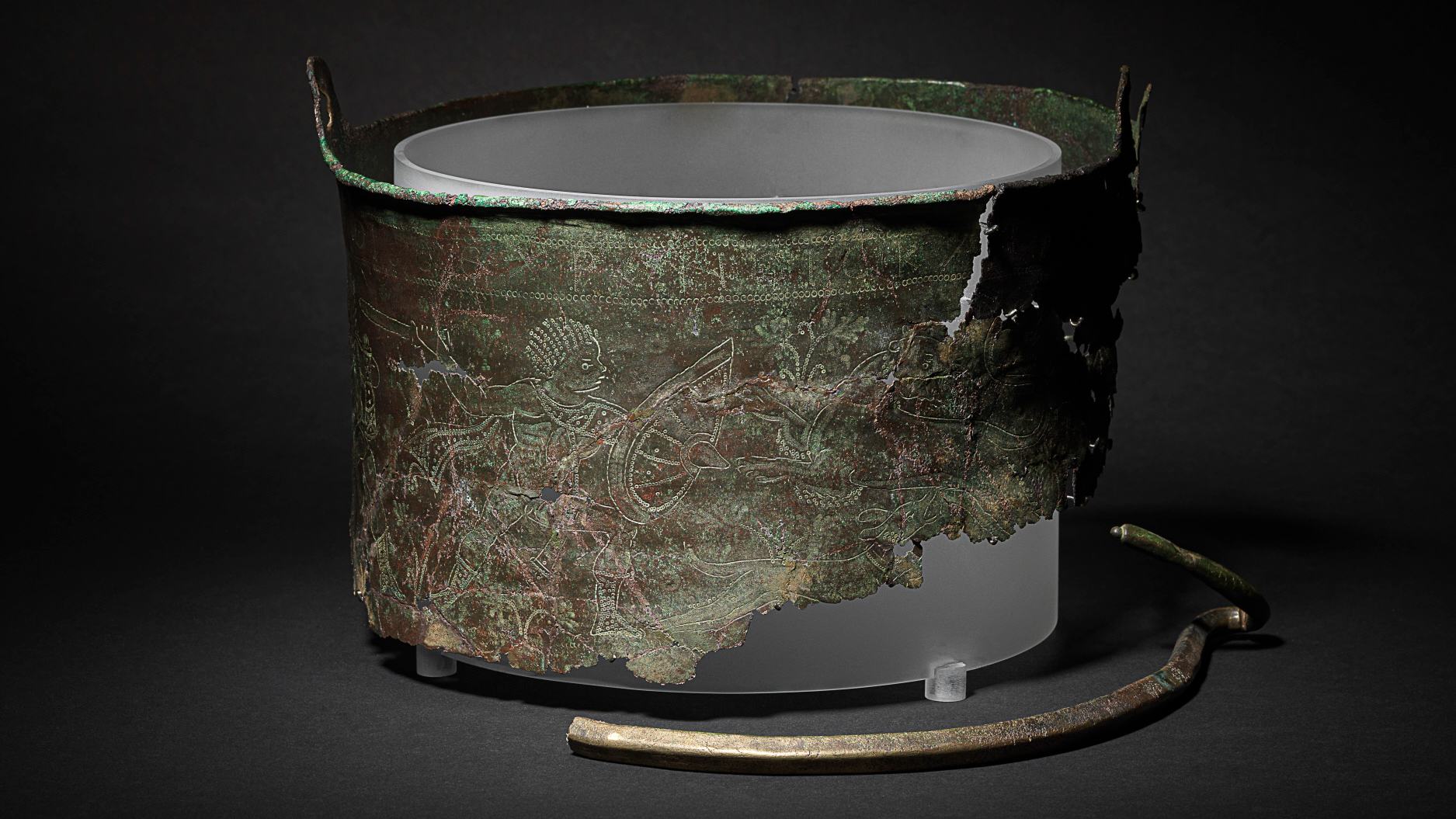
'It epitomises the strangeness of Sutton Hoo': 6th-century bucket found at Anglo-Saxon ship burial holds human cremation
By Kristina Killgrove published
Archaeologists found a cremation burial while examining the inside of a bucket from Sutton Hoo, a 1,400-year-old boat burial site in England.
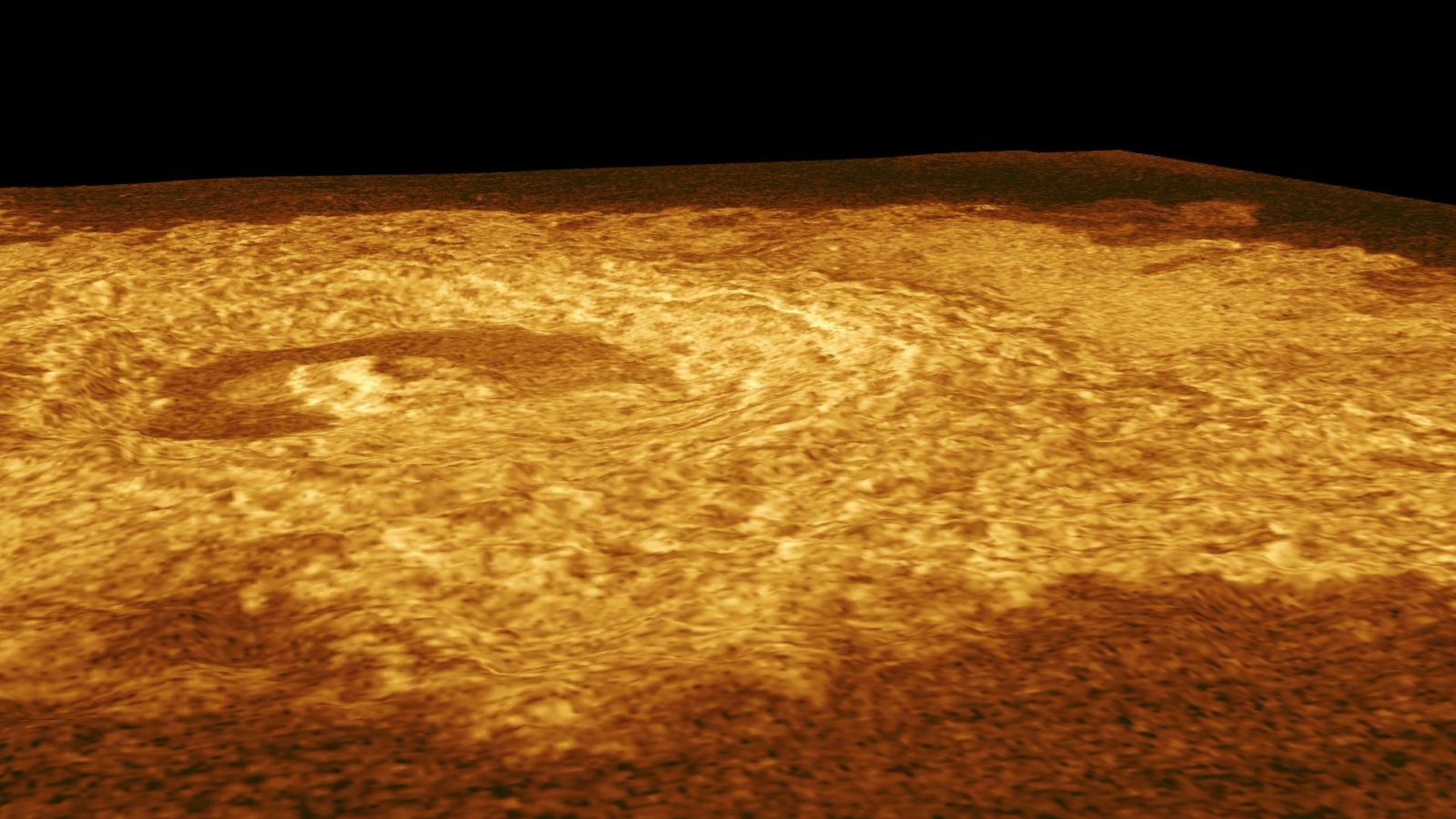
Venus may be geologically 'alive' after all, NASA reveals
By Sharmila Kuthunur published
New research strengthens the case that Venus, long considered a geologically stagnant world, may be more Earth-like in its internal dynamics than once believed.
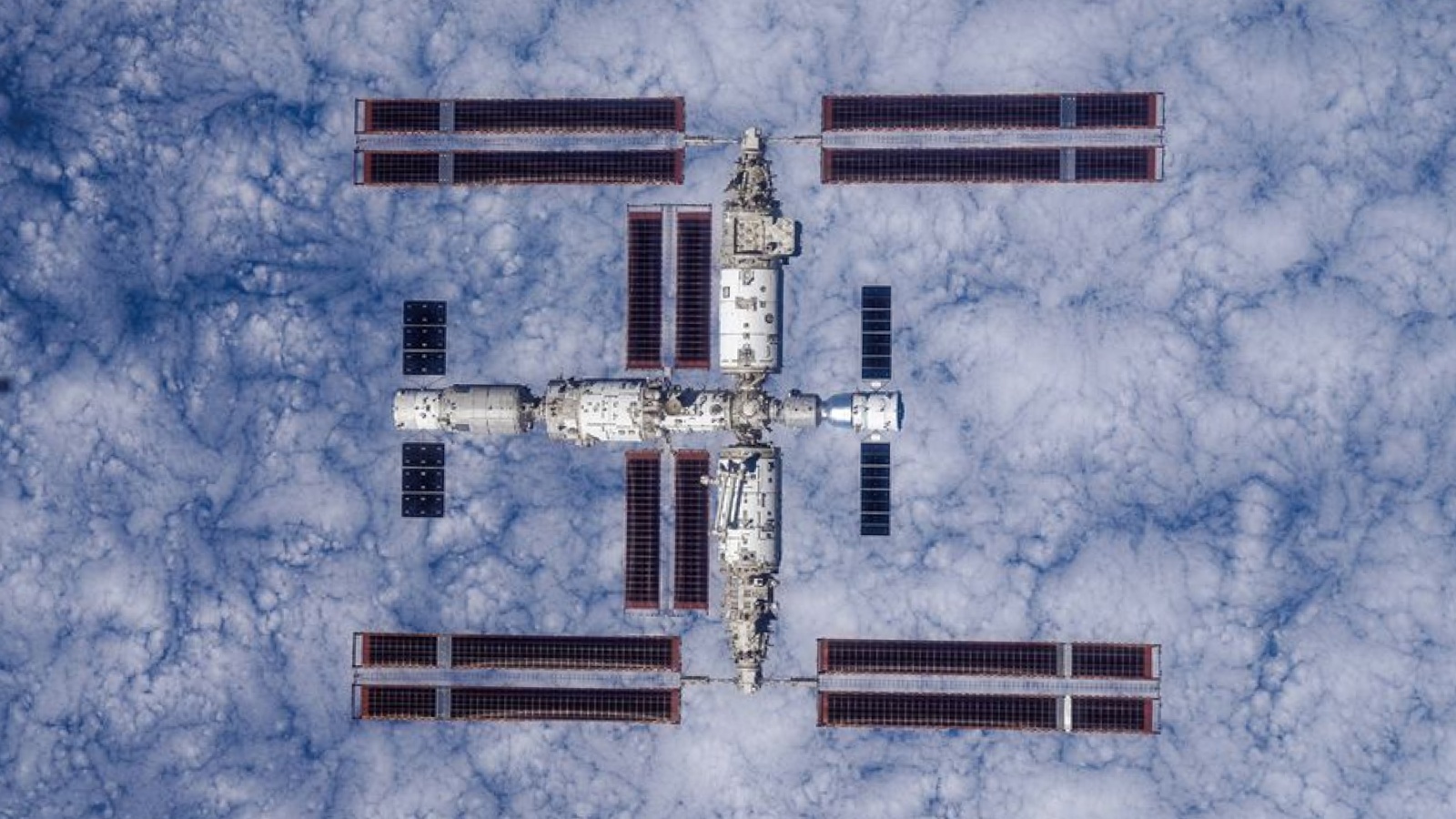
Unknown strain of bacteria found on China's Tiangong Space Station
By Ben Turner published
Analysis of swabs from China's Tiangong Space Station has revealed a new strain of bacteria sporting new adaptations for surviving outer space.

Hospital superbug can feed on medical plastic, first-of-its-kind study reveals
By Ben Turner published
Pseudomonas aeruginosa is associated with 559,000 yearly deaths worldwide, and many of them come from hospital-acquired infections. A new study suggests it may be thriving in sterile environments by feeding on medical plastics.
Sign up for the Live Science daily newsletter now
Get the world’s most fascinating discoveries delivered straight to your inbox.
